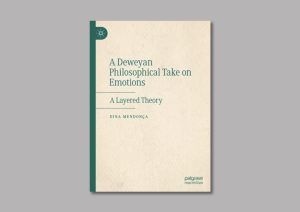This research group is devoted to developing theoretical tools and methodologies capable of addressing philosophical questions in practice, contributing to societal challenges. With a focus on argumentation and reasoning, theoretically grounded tools and methods are developed to analyse the functioning of language, communication, and reasoning in different domains of practice: political discourse, medical communication, educational dialogues, advertising, legal texts and discussions, among others. Group members combine academic expertise from the fields of philosophy, cognitive science, linguistics, discourse analysis, and multimodal and digital communication, with specialized knowledge of the specific areas of practice that are investigated through the usage of diverse research methods (qualitative, quantitative, experimental, mixed).
At a theoretical level, the group’s work contributes to the fields of argumentation, pragmatics, philosophy of mind, education, and psychology. At an empirical level, the researchers apply their innovative tools and methodologies to a diversity of settings (education, health, politics, etc.), leading to insightful analysis of human practices. Underlying the diversity characteristic of this group is a conviction of the importance of the interconnection between theory making and the practical applications it enables. Some specific areas of research include:
• Philosophy and critical thinking in education
• The impact of analogical and metaphorical reasoning in various settings
• Political reasoning and argumentation
• Medical and health communication
• Discourse and text analysis
• Philosophy contribution to creative process
• Philosophy for children
• Philosophical tools for various pilot projects in education and research



